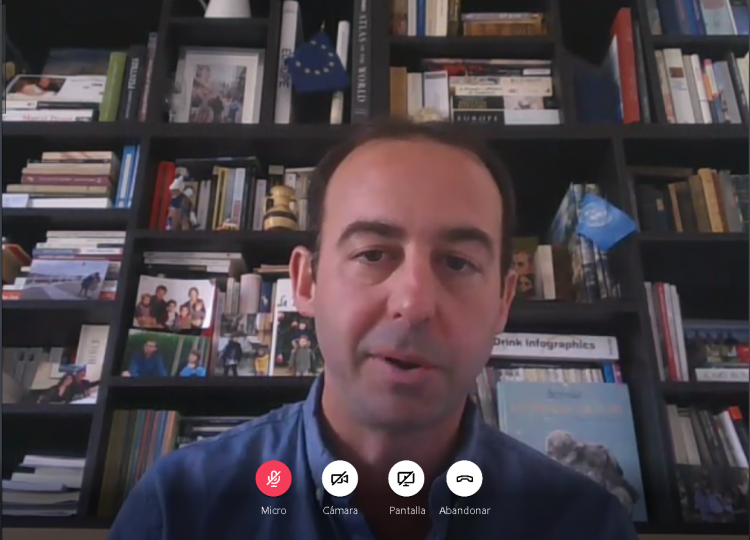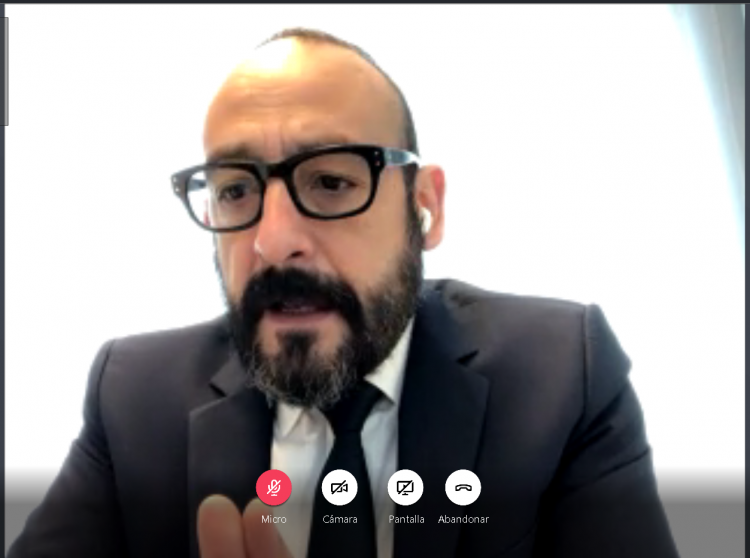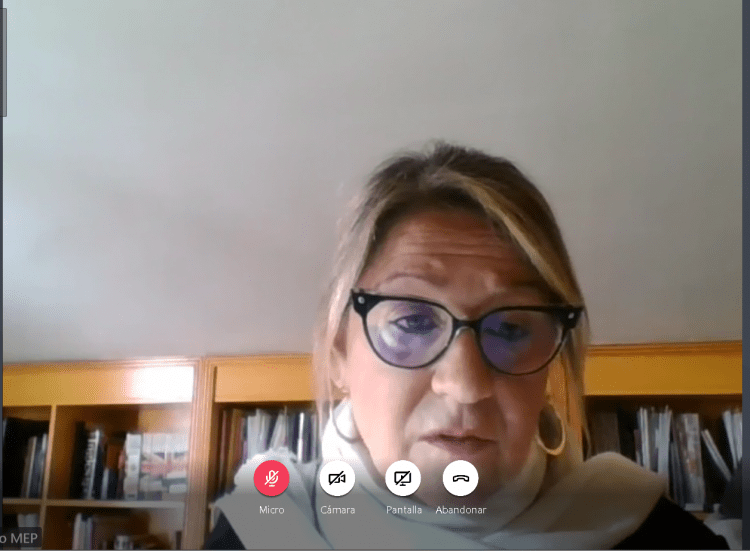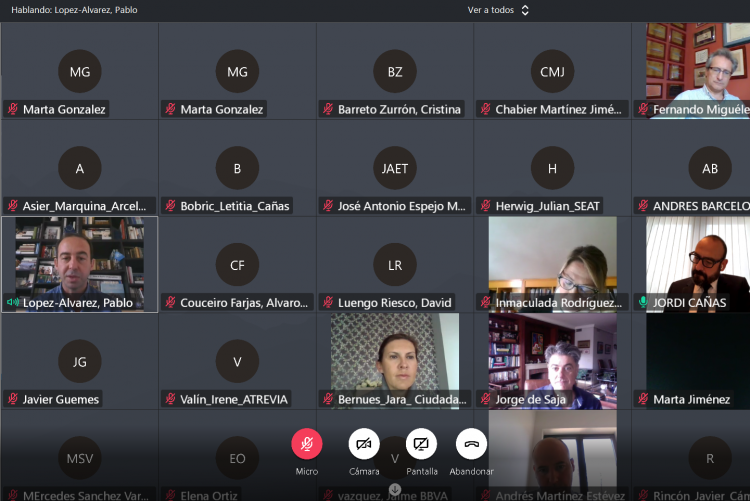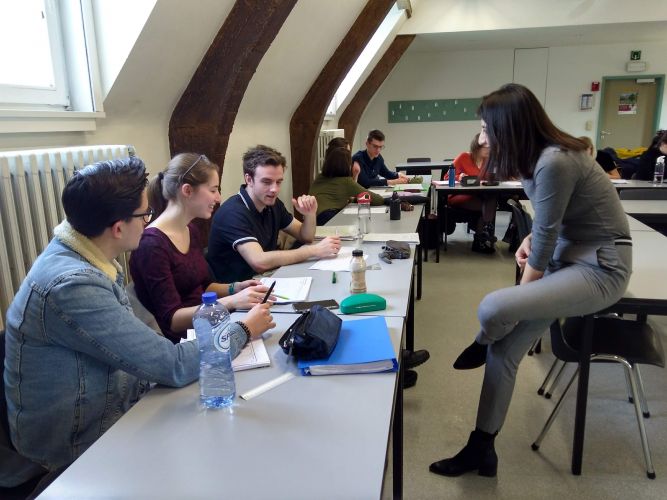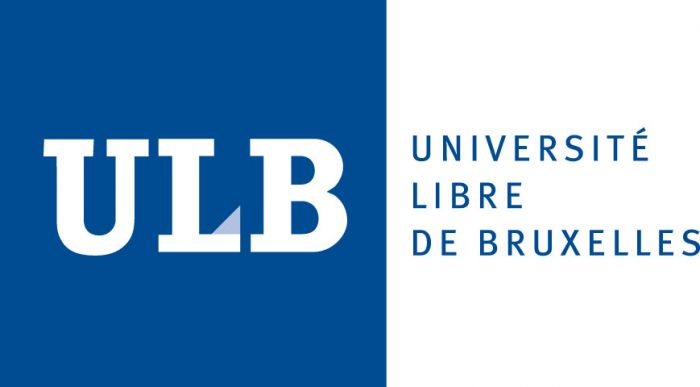Containment measures extended up to May 3rd
The Prime Minister, Sophie Wilmès, announced some new measures following the National Security Council meeting on Wednesday 15 April, the most important one was the extension of the containment measures currently in force up to and including 3 May.
Following this decision, do-it-yourself stores and garden centers will be able to re-open, under the same conditions as food stores while social distancing will need to be respected. Also residents of residential facilities – i.e. rest and care homes or centers for people with disabilities – will be allowed to be visited by a pre-designated person. The condition is that the person in question has not shown any symptoms of the disease in the past two weeks. These rules will also apply to people who live in isolation and are unable to move around.
The basic rules will remain unchanged until 3 May and must be followed strictly. The public order services will continue to monitor this. A new National Security Council meeting will be organized next week with the aim of developing the next step in phasing out the measures. The goal is to organize this phase-out strategy from early May and this will gradual based on the advice of the scientists. This strategy will be based on several pillars, namely social distancing, large-scale screening as well as tracing, and the development of new rules to be applied in the business world.
It is clear that wearing a face mask – even a so-called comfort mask – will also play an important role in the phase-out strategy. Fabric masks will be recommended for any situation where social distancing cannot be maintained. In order to do so, a collective effort will be needed, including the start-up of national production. However, face masks cannot replace the hygiene measures or social distancing.
In the short term, the National Security Council will give its opinion on the analyses and proposals of the group in charge of the exit strategy, including the right timing and conditions for the gradual re-opening of shops and catering establishments, as well as on the approach to schools, internships, youth movements and travel. It has already been established that mass events such as festivals cannot be organised before the end of August.
As regards the business community, the current rules will continue to apply until such time as the protocols can be ratified on a sector-by-sector basis. The aim of these protocols is to enable companies to resume their normal activities as soon as possible, while also guaranteeing adequate working conditions for their employees, adjusted for the situation. Working from home should continue to be preferred for some time to come.
Source: Info-coronavirus.be

